Penelopeby Elena Dolores Solano My mama, Rosa Castillo-Diaz, was born in central Texas, in a small town called Penelope, nestled in Hill County, squarely between Waco and Dallas. Although she lived in Detroit most of her adult life, her heart belonged to Texas. She spoke of it in endearing terms, and proudly called herself a Tejana—a native Texan of Mexican descent. She visited family there regularly. When we shared a cup of coffee or went on long drives, she described Texas in great detail, the curves of the land, the scorching sun and the fields that stretched on forever. I visited Penelope many times in my dreams. I flew there con mi mamasita. Hand in hand we went over rivers and streams, when the sun was shining and the moon was beaming. We never stopped flying, even when the wind blew, and rain came down hard and lightning bolts flashed around us. Our hands became one, and all the while she told me cuentitos, little stories of her motherland, stories of her childhood. We finally arrived at the ranchito where she was born. We hovered over it, we were still in time and space, taking in the land that held her heart. She pointed out the details she talked about over the years. There was the church where she was baptized, but it had been rebuilt since she was a child. There was the one road that ran through the center of town. Offshoots of the main road led to dirt roads that ran in various directions. There were fields and farms and row upon row of neatly planted crops. Gentle hills that were more like slopes rose from the earth, as if they were mountains that forgot to keep growing. And all around us was an endless blue sky and a sun that burned forever. But this was all in my mind’s eye, in my heart, where I kept it hidden for years. I made a vow I would go to Penelope someday. Someday. I visited Penelope several years ago. But I didn’t fly there as I had in my dreams. I was visiting friends in Austin and decided to take a daytrip to make this long awaited pilgrimage. My heart fluttered as I got into the rental car and studied a map of the area. I felt solemn. I didn’t know what I would find or what I was looking for; I only knew I needed to see this storied place. I headed north on the freeway, and eventually passed Waco. We visited Waco regularly when I was a child. My parents packed us tight into a station wagon and made the trip to see my abuelo and tías and tios, and myriad of cousins. My abuelos took their children and settled there after leaving Mexico. I remember the thick heat of the air and old, clapboard houses, running in the sun and walking down to the river. As I drove past Waco, I felt my heart lurch, I wanted to stop and visit my cousins, but I was on a mission that day. I followed the map and finally turned off the freeway. I drove down what felt like an eternity of long, endless roads. After what seemed hours of driving, I noticed a lonely sign on the side of the road that simply said ‘Penelope’, pointing in the direction of the town. Seeing the sign made my heart jump. This place that captured my mother’s heart was suddenly real. I pulled over and looked at that sign long and hard as if it were a message from Diosito or my mother. I continued driving and a few miles later another sign appeared. It simply said, Penelope 2. My heart leapt again. I stopped the car and got out and stepped into what felt like an oven. The heat was suffocating, and my lungs felt like they were on fire. I took picture after picture, as if I were afraid the sign and the stories from my mother would somehow disappear, like fantasmas, ghosts, or a mean trick of my eyes. The two miles stretched on forever. But Penelope suddenly appeared, and it was indeed a ranchito, a small town, a spit town, a blink your eyes and it’s gone town. I drove slowly as I entered the outskirts of town. There appeared to be a main road that made a loop connecting back to the thoroughfare, which led in or out of town. I noticed the casitas, little houses, spread out through meandering streets. The yards were large and dry and spoke of hard work. Cars were propped on bricks and work rags hung on open hoods. Cactus and scrub brush grew everywhere, and just like my mother, everything here was neat and tidy. I drove back around to the main road and out of town, and when I came to the end of it, I turned the car around and drove through it again. I can’t tell you how many times because I stopped counting. My abuela, Nicasia, and my mother, Rosa, left Penelope shortly after her younger sisters died from diphtheria. My mother was six or seven at that time. We have one family photo of my mother’s sisters, my tías. It is a sepia tinted portrait of them in their wooden coffin. Their two small bodies are dressed in white, lace bonnets adorn their heads, tiny bows tied neatly under their chins. They rest side by side. They have the same cherub cheeks as my mother. Their angelic faces appear asleep when I look at them. There was little to hold my abuela in Penelope after her daughters died. Other voices called her south and west. There was too much grief here, and the land too hard. There was cotton to be picked, fields to be harvested and pecans to be shelled, all outside of this ranchito. The main pecan shelling factories were in or around San Antonio, and fields of cotton and farm work waited in the Waco area. But I still looked with hunger for any sign of her and my mama. I took countless pictures of the roads, and as I headed out of town for the umpteenth time, I noticed several lonely abandoned buildings. I parked my car and stared at them, even after years of being forgotten, they were still tidy and impossibly sweet. I held my breath as I got out of the car and crossed the road. The hot air still took me by surprise. There were two buildings and in between them was what might have been a courtyard, or another building. It was hard to know. The space now held a wild array of scrub brush and pines, reaching up between the buildings for the blue sky above. An old picket fence, long worn of any paint, held up a massive trumpet flower vine. Their orange color popped against the faded fence. One of the buildings was made from red brick, its bones still strong and in place. A large white sign painted on the facade gave away its lineage. It said, “Penelope Grocery.” Another building, short and squat, bustled up to the lot, it was whitewashed and padlocked, layers of white paint made for thick flakes from the bright sun. A wooden bench sat forlorn in front of the buildings, as if it was waiting for company. The head of a lion decorated the cast iron arms of each end. Clay flower pots full of cactus sat at attention in the mid-day heat. I walked up and down the swatch of sidewalk in front of the buildings, searching for my mama and abuela. Tenacious prickly pear cactus grew out of the concrete, bright yellow blossoms adorned them like golden crowns. The intense color of the flowers added to this already surreal scene. My mother was always a surprise, while other parts of her were a mystery. Walking on the sidewalk where she may have walked with her mother, I should not have been surprised by the bright orange trumpet vines, the yellow flowers of the prickly pear cactus, the faded sign that said Penelope Grocery, and the lion’s head adorned bench—but I was. Somehow, all these details were her. The day wore on. I spoke with the church secretary where my mother was baptized. She answered so many questions I had, as if she had the keys I had been looking for to open the doors of my mother’s past. She helped me to see my mother’s truth, and she told me where to look for the past. I have a habit of taking rocks, large and small from trips I take. I picked up a rock as I left the church and put it in my pocket. It was late afternoon, and I decided to visit the cemetery the secretary talked about in detail. I got in the car and began to drive again. In front of me was another endless road, but just as I got to what felt like the edge of town, there on a cerrito, a gentle hill, was the cemetery. I pulled in and sat in the car. I thought about how I had dreamed about this moment for so long. I closed my eyes and remembered the stories she told me about this place. I listened for her voice. Finally I got out slowly and walked to the edge of the cemetery, and the sun swallowed me whole. I stood there and looked around me. There was sun everywhere, but this was not the kind, gentle Michigan sun that bows down and kisses the north during the summer months. This sun knew no kindness. It scorched the land around it. The blinding light and a cloudless baby blue sky went on for eternity. Light gusts of wind came and went, but they too were filled with what I can only call an inferno. When I took a breath, I felt there was more fire than oxygen in the air. The burning heat penetrated my clothing, my skin, my soul. I thought surely this light must purge all sin, all darkness, all wrongness, and nothing can live here that is not true, or pure, because everything else has burned away. A deep truth settled in my soul as I stood there looking out at this land that claimed my mother’s heart. I realized that every story, every word she ever told me was true, and that realization filled my bones, my marrow, my being. That truth felt like a convergence of angels, all meeting at the same time, in this ranchito where she was born. This was the land she longed for, the quiet and stillness she craved filled the air around me. En la tierra que ella no puede olvidar. In the land she could not forget. I found her. Stories swirled at my feet. There was no bitterness in her stories. There was only her truth. She and her mother and her sisters and brother ate lard, sprinkled with sugar or a pinch of salt to make it more palatable. Her mother spread the concoction on tortillas, there was no other food to eat. Her mother, Nicasia, loved coffee. She sweetened it with a little sugar and watered down milk. Nicasia deliberately spilled it onto her saucer, so my mother could have a sip of that watered down, sweetened coffee. Together they shelled pecans to perfection, because the pecans that were whole and unbroken sold for a higher price. They burned the shells to heat their one room shack. They boiled vats of water to do other people’s laundry. My abuela was a skilled artisan, she tatted and crocheted complex patterns from sight, it was one more way to earn money. But it was the indignities or racism and poverty that hurt my mother the most. She was slapped for speaking Spanish, her mother tongue. She learned to swallow her voice. She never yelled or spoke loudly and she spoke English without a trace of Spanish. She never, ever, sang above a whisper. She was left handed, but that was also not allowed. There was the teacher who would not touch her hair, but used a stick off the ground to look for piojos, the dreaded lice on her head. She longed for her sisters who died from diphtheria. Their small bodies dressed in white, were laid in a simple wood casket. But the Mexicans were not allowed to be buried in the cemetery, according to the church secretary. The Mexicans buried their dead in fields, close to their homes, alone and unmarked, on the rancho. As I stood there and looked at that sky and felt that harsh sun, I could see all the stories come down at once to where I stood, like a communion of saints. All those ghosts and echoes from the past were all there in town, going about their lives as best they could. I could see them, cooking and cleaning, picking cotton, going to la misa, mass, boiling water for laundry and sewing, and looking for a way to stave off the hunger that haunted them at times. It was all there. Standing in the scorching air that seemed void of any oxygen, I felt a mixture of emotions. Parts of me felt gears that had been missing were suddenly in place, while other parts felt devastated by the truths of my mother’s words. I felt a loss for my tías and abuela, but also I felt whole and filled up. I felt anger for the shame my mother carried for being Mejicana and poor. But I also felt an incredible pride to be the daughter of a Tejana, that odd breed of toughness, hard-work, and sweetness. I felt proud of this little ranchito where prickly pear cactus and trumpet vines blossomed in the most random places, and the neatness of a community prevailed. I felt a deep gratitude for my abuela y mama. Adversity was a given, but tenacity and grace were a gift. My mother loved flowers and anything that was beautiful. My abuela was an artisan whose incredible tatting and lace-work were worthy of being framed. Both of these women were smart and resourceful. They didn’t just make do, they made beauty where there was none. They brought life to the darkest of corners, and created a legacy that continues to grow and blossom. I come from strong Mejicana-Tejana women. We are drawn to our pasts planted by our antepasados, our ancestors. Their words and stories are passed on generation after generation. Our abuelos and abuelas call out to us over time and space to listen to stories told and untold. Their stories become our story, embedded in who we are, their traits become our traits. What draws us home are those people who didn’t give up, their ghosts follow us now, cheering us on. I looked at that cloudless baby blue sky and knew every word mi mamacita told me was true and I smiled. My heart was glad with a bittersweetness that tasted of her cafecito--con un tantito de leche, y un poquito de azúcar--her strong coffee, softened with a drop of milk and sweetened with a bit of sugar. 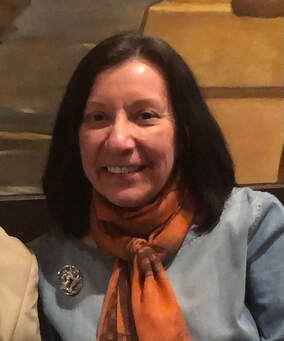 Elena Dolores Solano was born and raised in Detroit, Michigan. She is one of fifteen children. Her parents were migrant workers who moved north in the 1940s. She is a certified school counselor and works with Latino/a students in the public school system of Detroit. She is also a Licensed Professional Counselor. Ms. Solano has written for many years of her experience growing up in a large Mexican American family in Detroit. In her spare time Ms. Solano enjoys collecting anything old, a Solano family tradition, cooking Mexican food and spending time with her children, her family and friends.
5 Comments
Click here for Part 1. |
Archives
April 2024
Categories
All
|
Donate and Make Literature Happen
is published by the Somos En Escrito Literary Foundation,
a 501 (c) (3) non-profit, tax-exempt corporation. EIN 81-3162209

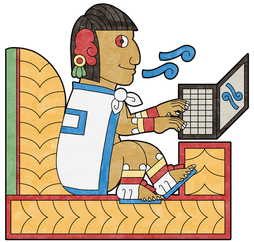
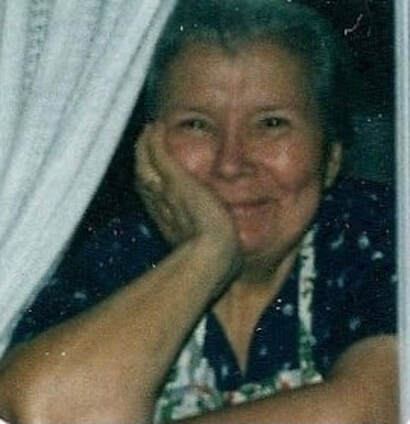
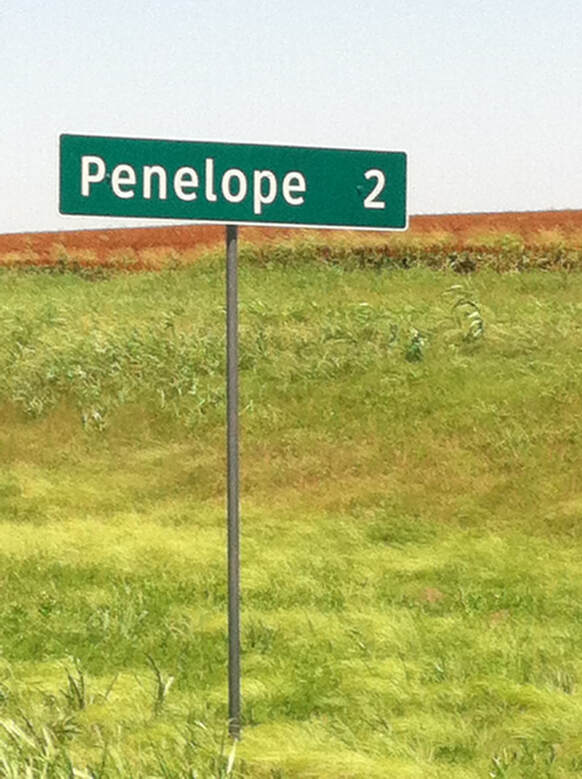
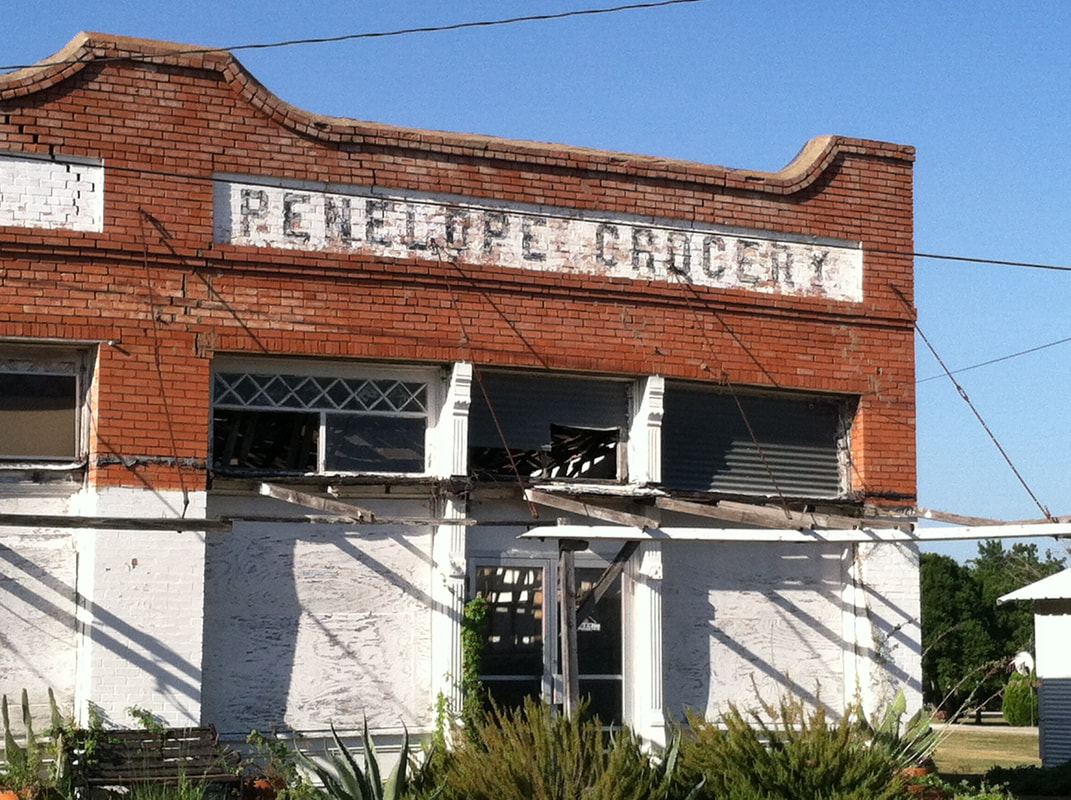
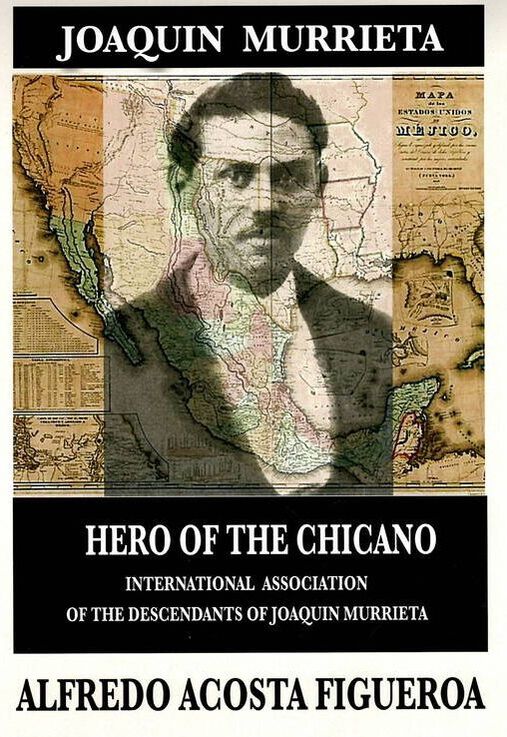
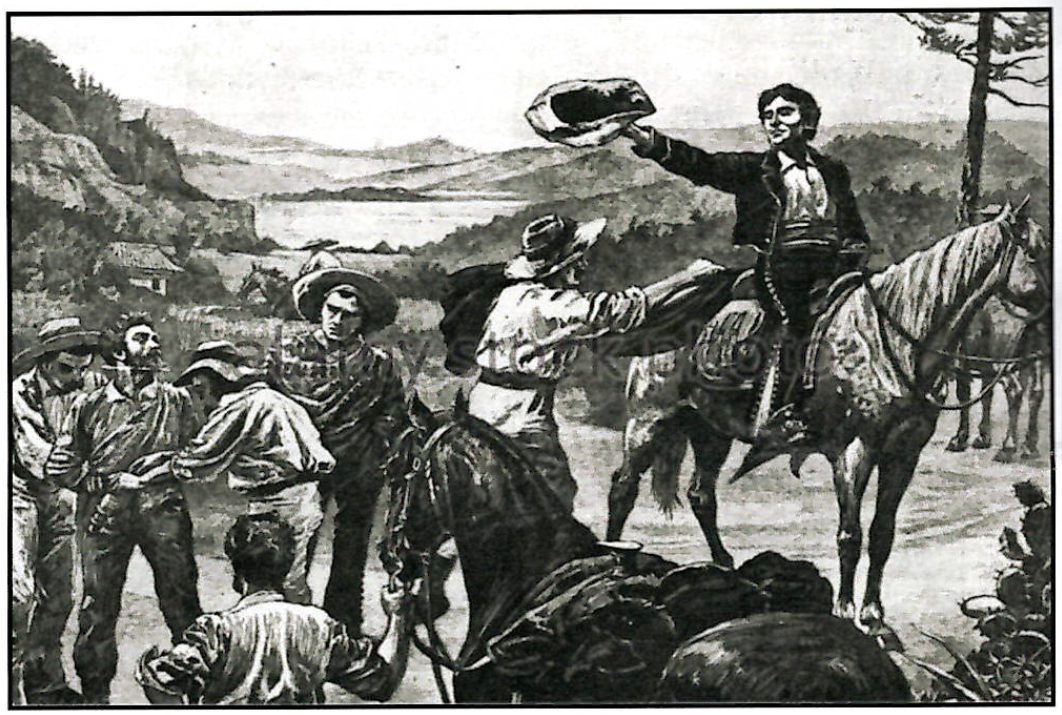
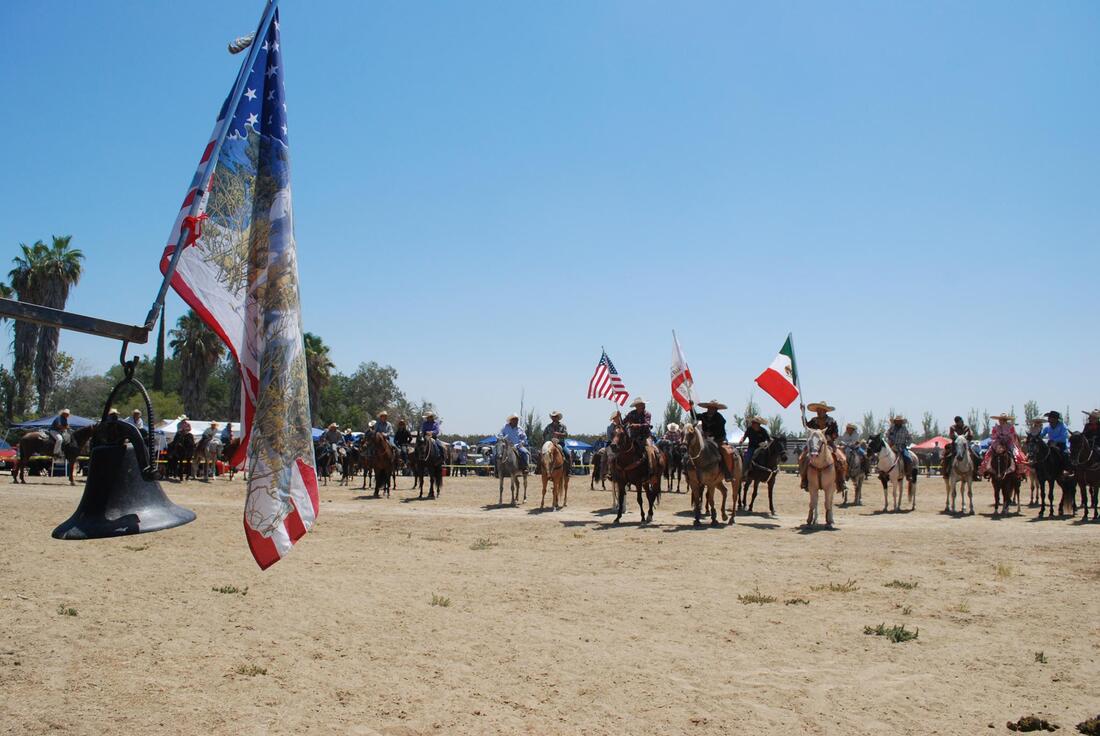
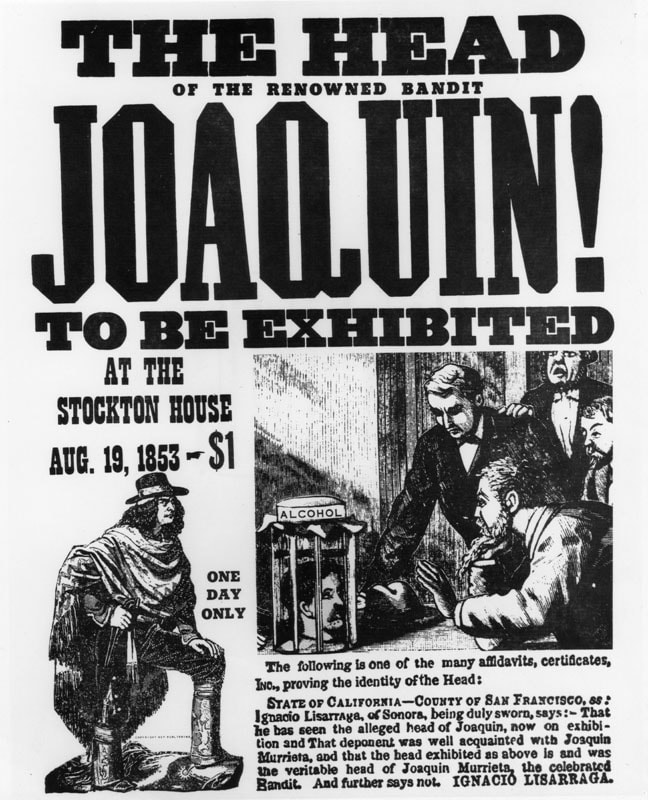
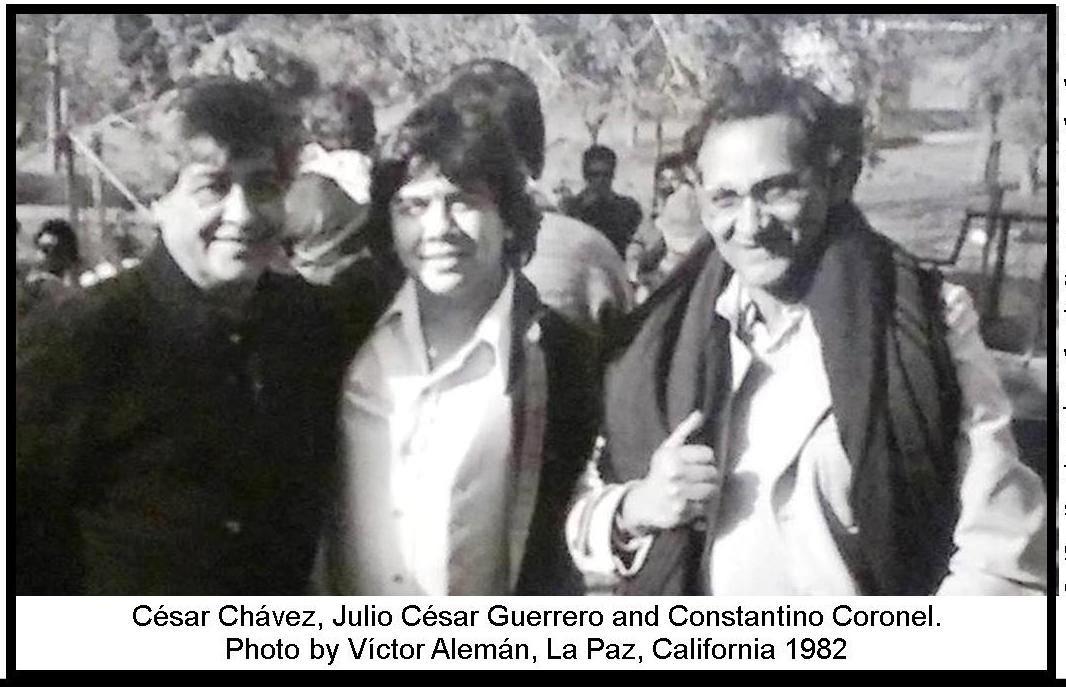
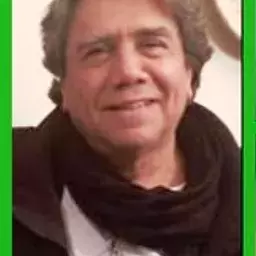
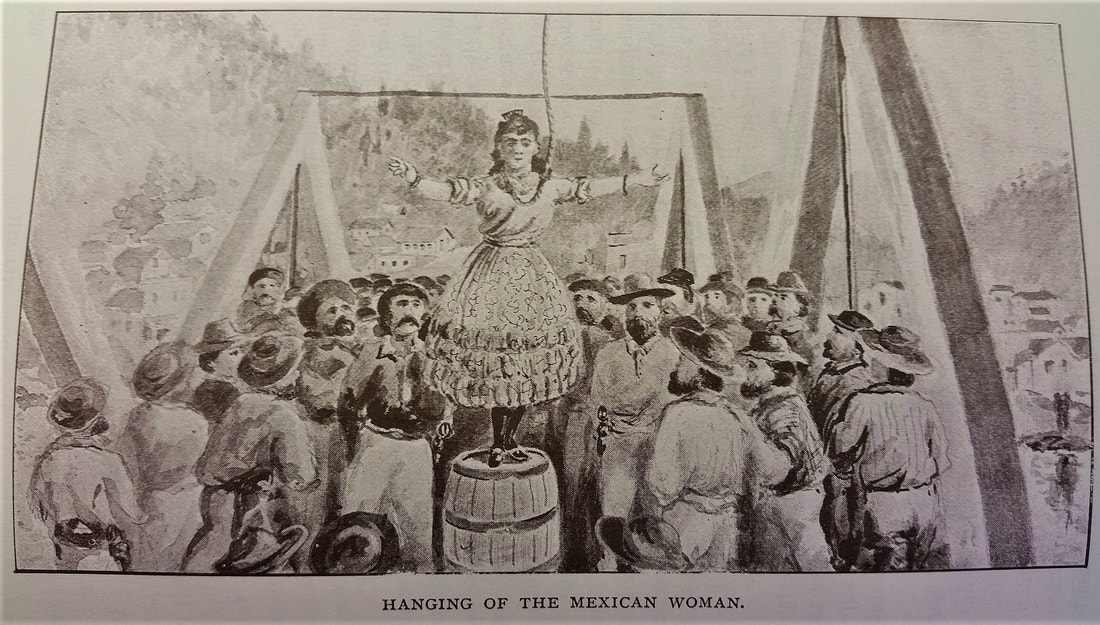
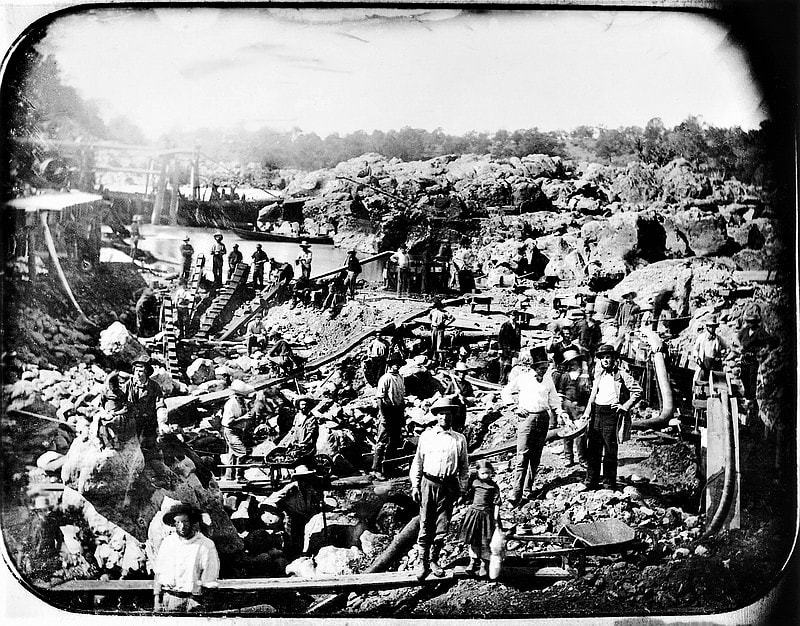
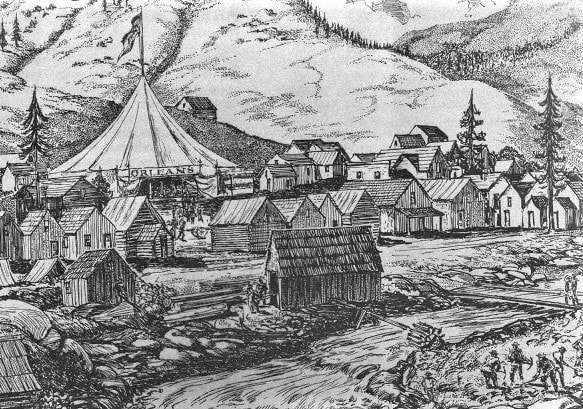
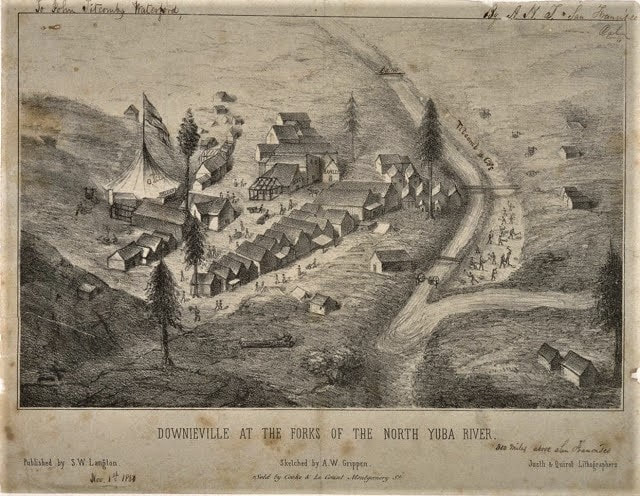
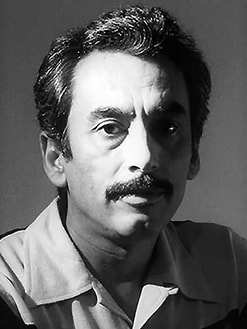

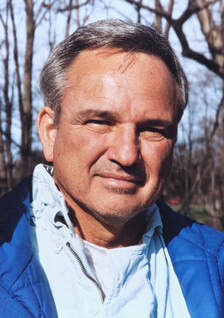
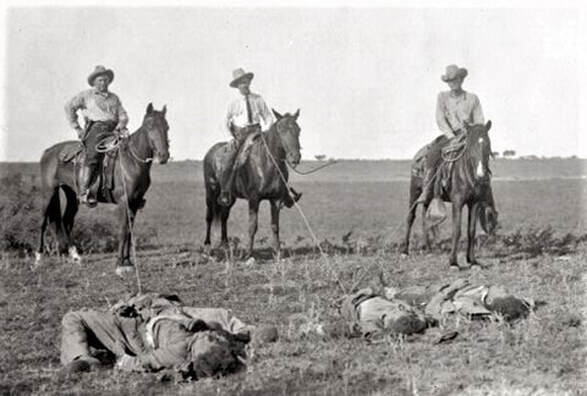
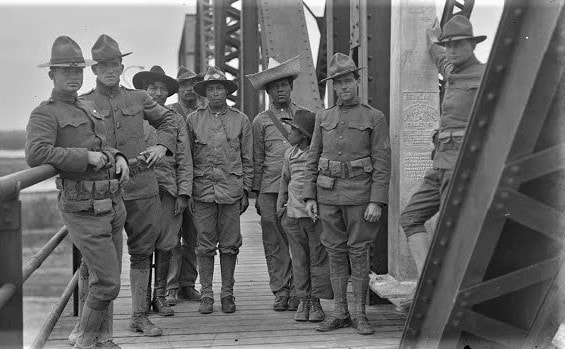
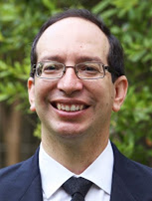
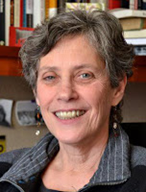
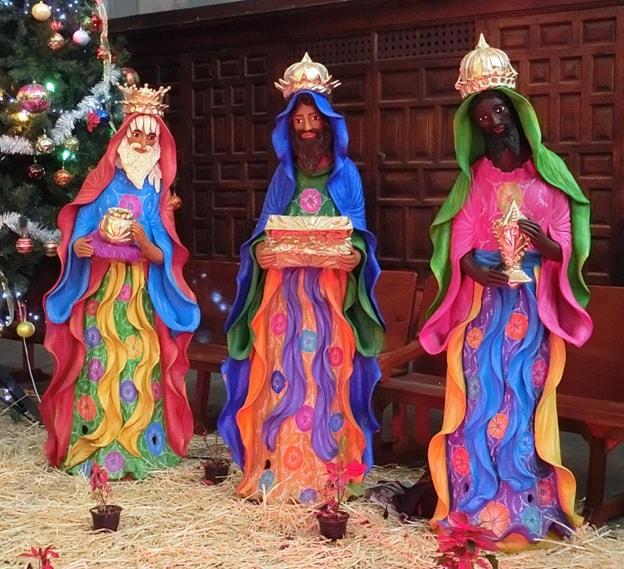
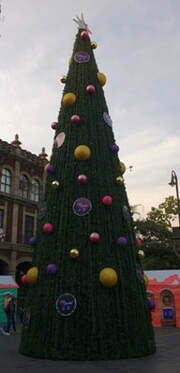
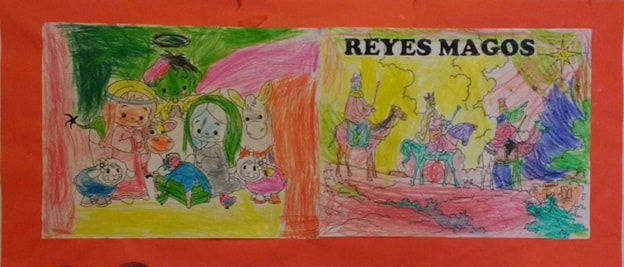
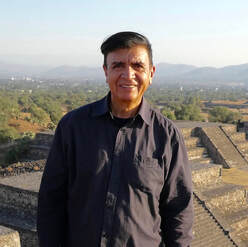
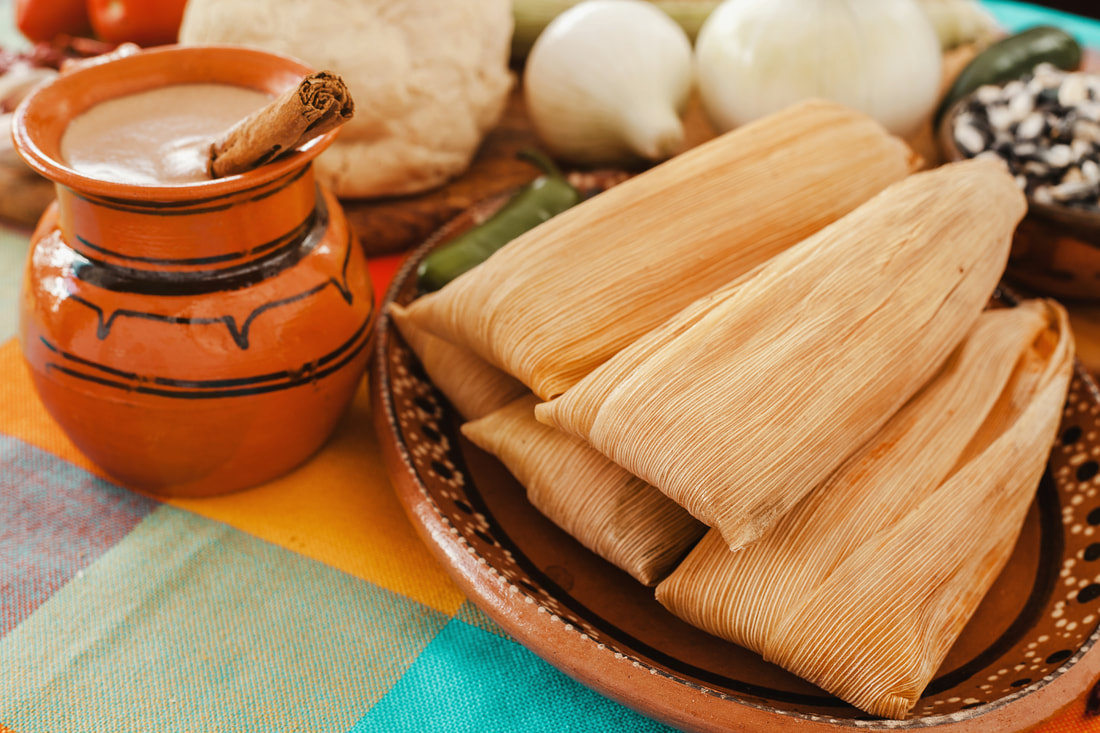
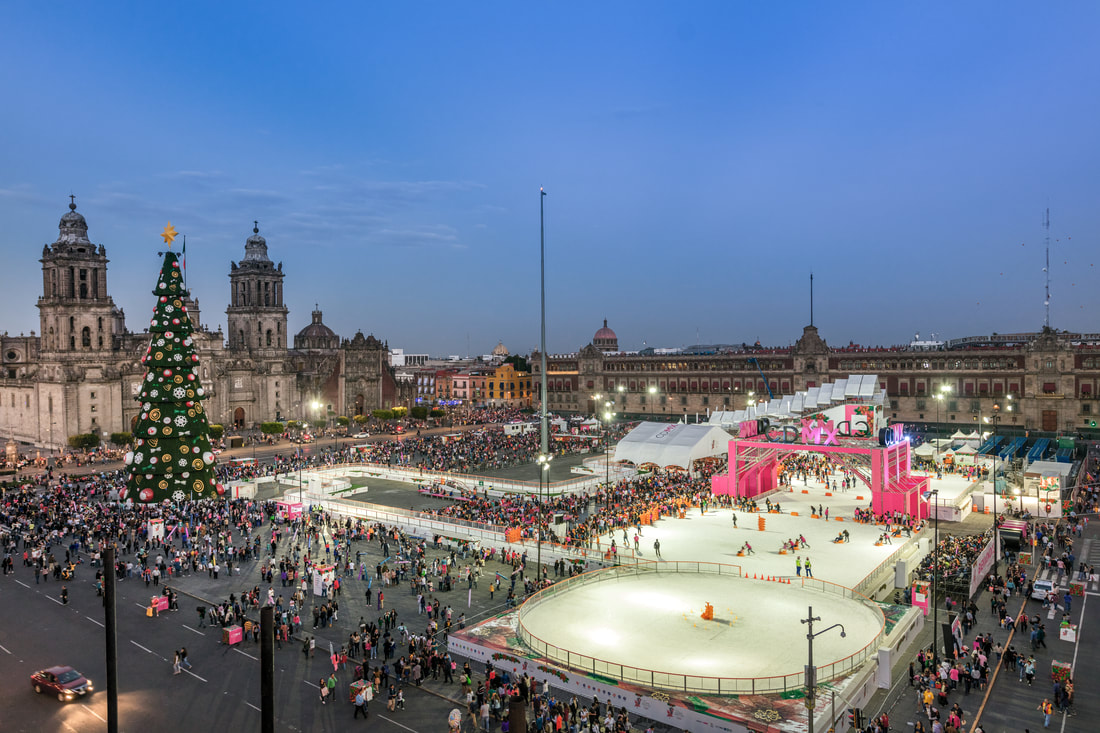
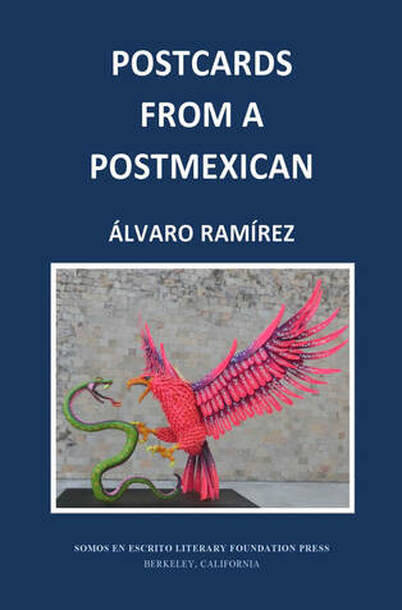
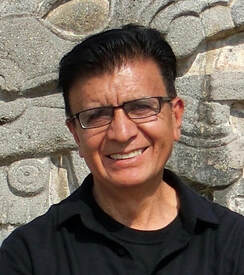
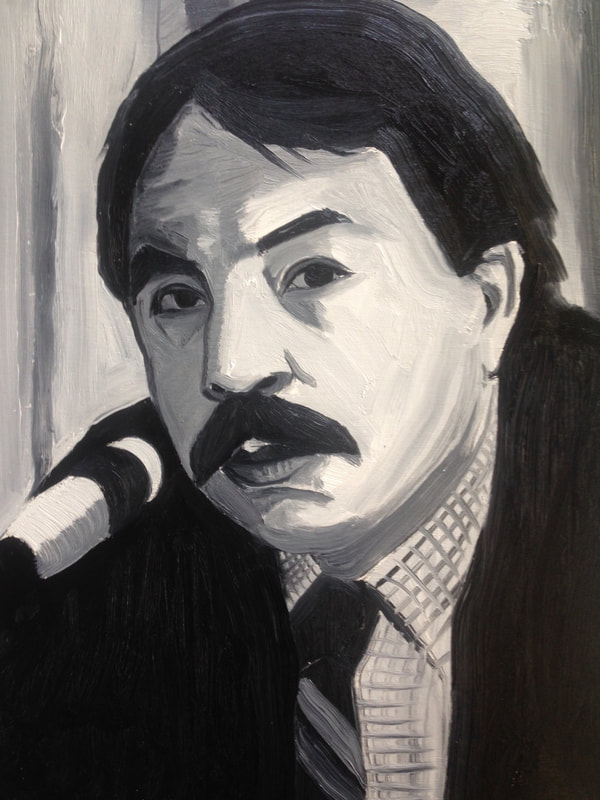
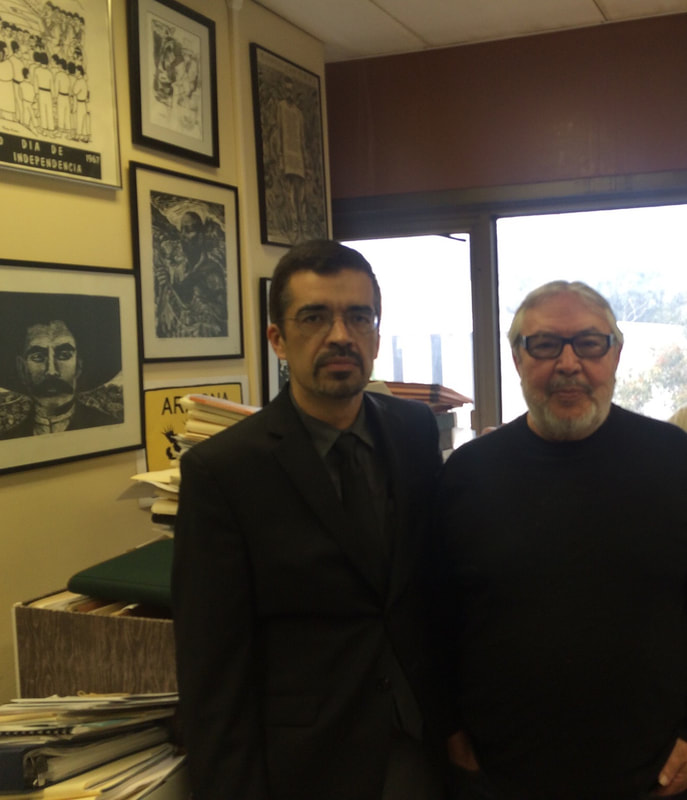
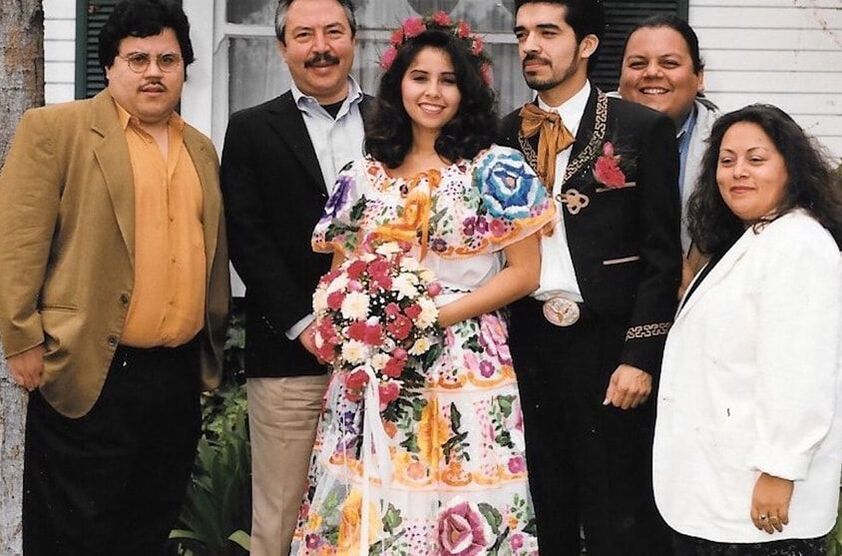
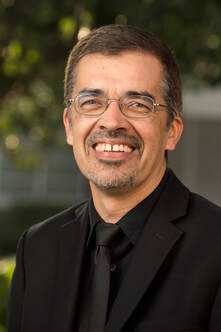


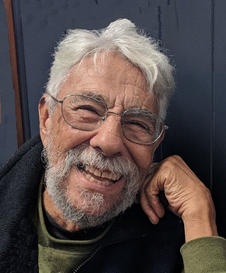
 RSS Feed
RSS Feed